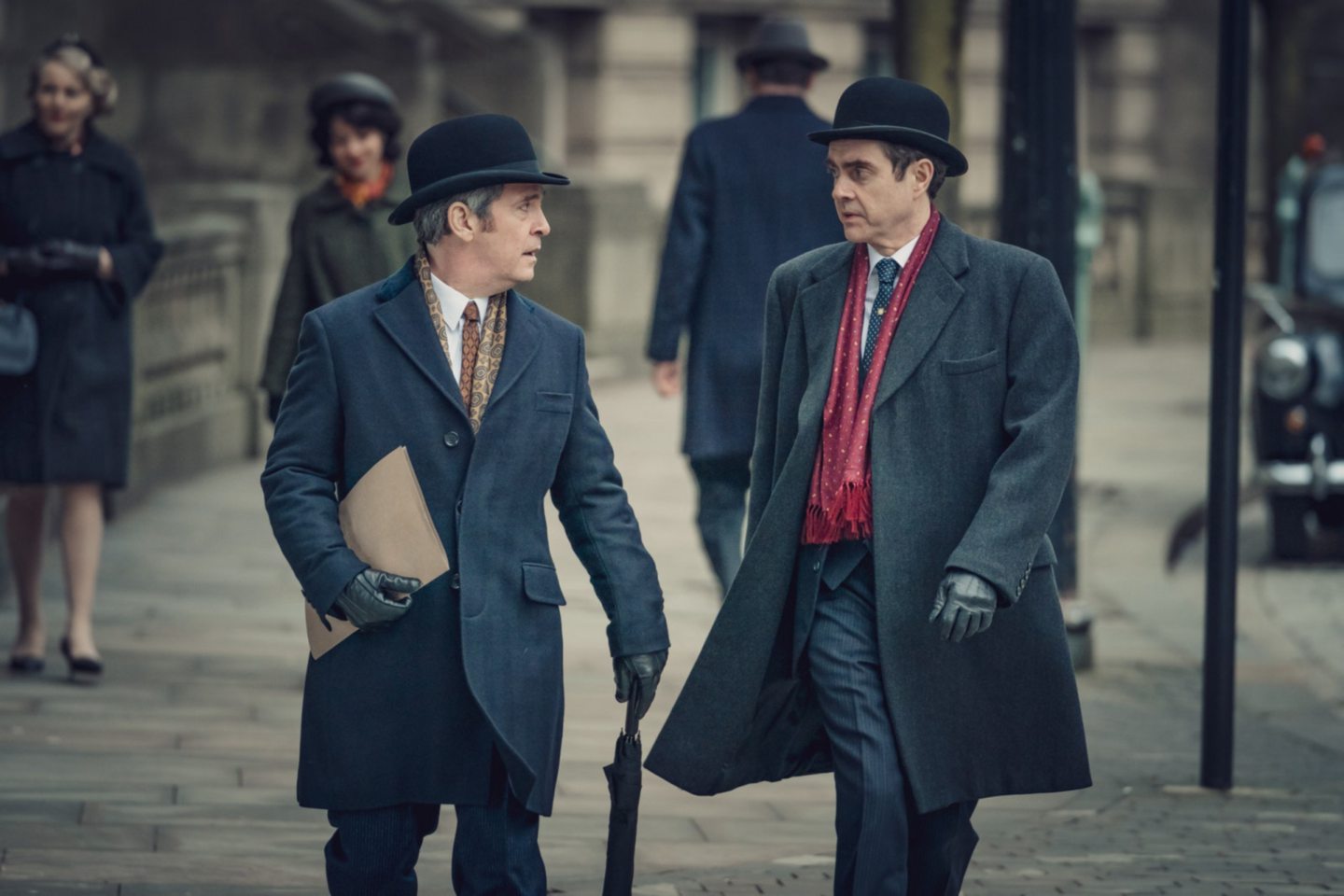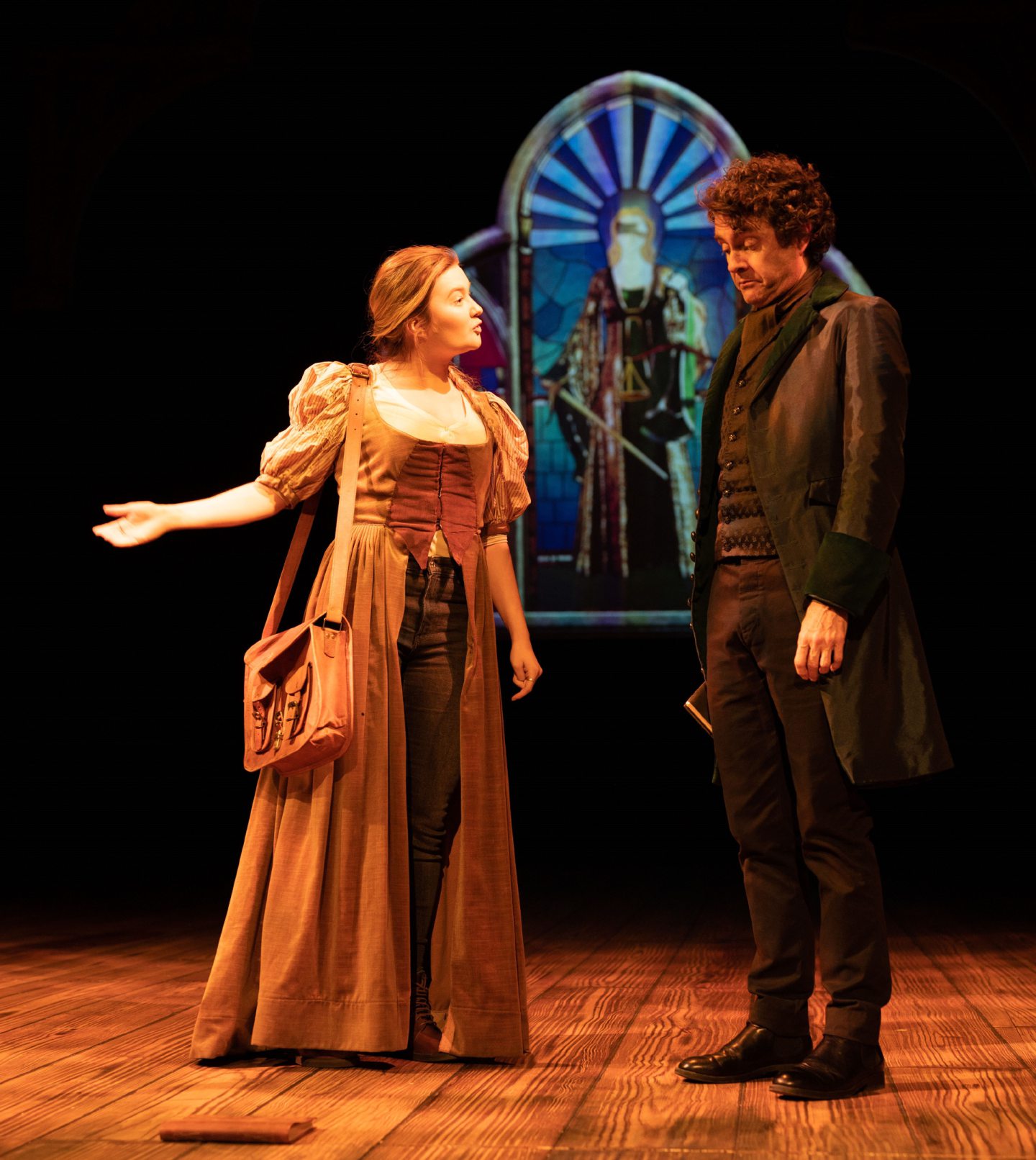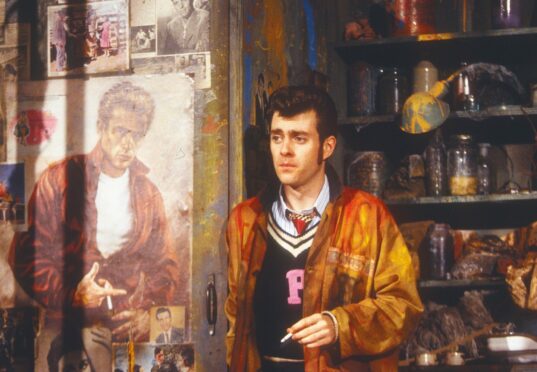
Viewers are used to seeing Paul Higgins play a part, with roles in a long list of acclaimed screen dramas making him one of Scotland’s best-known actors. However, he has now laid bare his own character to reveal how he conquered a debilitating addiction to alcohol.
Higgins – currently appearing in two major TV spy series, The Ipcress File and Slow Horses – wrote of his decades-long struggles with alcohol in the hope his story might help others.
The actor, who has been sober for more than four years, used to drink heavily every night. His work continued and his career stayed on track but he has no doubt his life was shaped and steered by alcohol.
“There were some things I wanted to put to bed and writing seemed to be the best way to do it for me,” said the 57-year-old. “When I wrote my first play it helped me work some stuff out and move on. I’d read the stories of so many people who had a problem with alcohol and laid themselves bare, and I found them really helpful.”
The actor, who detailed his experience in on online essay, said: “I’m not in Alcoholics Anonymous and I don’t believe I had a disease. I got myself addicted to something and couldn’t wind down or relax without it. I couldn’t contemplate an evening without it. Sometimes I could but it was like a bereavement and I couldn’t wait to get back to it.
“I wanted to put it out there that you don’t need to label yourself or think the rest of your life will be a white-knuckle, one-day-at-a-time struggle – you can release yourself from it. I don’t have a single pang. I’m done with it. I feel I got out of jail and I have no desire to get back in, none at all. I can go to the bar for someone, pour somebody a drink.
“My dad had a drink problem for a long time and as far as I knew the AA model of alcoholism was the only truth and reading these other people’s books and stories before I stopped, I began to realise that wasn’t necessarily true and it wasn’t everyone’s experience.
“I couldn’t face that idea but the idea I could release myself and be free of it with a little bit of effort, I could buy into that.
“I’ll dig the tunnel if I can get out the other side, and that’s what I did and I was free. I don’t think it’s said enough about alcohol. We hear a lot about one day at a time, but we don’t hear about putting it away, letting it go and being free of it. And that is possible. It was totally compartmentalised. I never drank before I went on stage. I was very conscientious to do the job to the best of my ability. I went running, did yoga, and took every job very seriously, as I still do but afterwards, every single night, I would hit the red wine. I couldn’t contemplate any other way of winding down and I didn’t think I could be happy without the escape valve at the end of the day.
“So the ultimate goal every day was to get to where I could reward myself with this poison. You can poison yourself a little and feel good but go further and you feel just how poisonous it is.”
These days, dad-of-two Higgins, who is married to fellow actor and writer Amelia Bullmore, will have a herbal tea, turn to his iPad or watch Match Of The Day, maybe even take out his guitar and sing. He took lessons during lockdown, something he had always wanted to do, after a love of singing led to him joining drama school nearly 40 years ago after aborting a planned lifetime in the priesthood.
The stage is where he has always felt most alive as an actor, with the award-winning Black Watch one of his most significant theatre jobs and he will return to Scotland this month with a new play, The Meaning Of Zong, about the abolition of the slave trade. The role, opening at the Lyceum in Edinburgh this week, is his first time on stage in more than two years – the longest time he’s spent off the boards in his career.
The play is co-directed by actor and writer Giles Terera, who won an Olivier Award for best actor in a musical for Hamilton in 2018. Based on true events, it tells the story of a massacre aboard the slave ship Zong, when 132 Africans were thrown overboard. Terera plays Olaudah Equiano, who teams up with fellow abolitionist Granville Sharp – played by Higgins – to force change.
“It’s centred round the atrocity of these people being thrown overboard in handcuffs,” said Higgins. “They are always described in literature as slaves but the point to remember is they were people – individuals who were enslaved by other people, but not defined by it, and we shouldn’t define them by what other people did to them. They were people like us, with real lives, children, favourite things.
“I wasn’t aware of Granville but he’s a fascinating man from a fascinating family, high achievers but not remotely upper-class. He was an apprentice to a linen maker when he was 15 and he moved to London. His older brothers had achieved a lot and had money, and they told him he should do what he was passionate about – and one of those things was abolitionism.
“He and his family were musicians and they would play on a barge on the Thames, and the king would come down to see them play. So, although he was from a humble background, he mixed with very influential people like the king and the prime minister, and he would corner them at parties and tell them to abolish slavery.”
The play opened at Bristol Old Vic last week but during theatre’s period of being shuttered due to the pandemic, Higgins found himself with some choice roles in high-profile TV shows.
“I was lucky to do a few things – The Ipcress File and Slow Horses. They were filming at the same time and I thought I would have to miss out on one but we were able to work it out, filming on one when I had days off from the other.
“I also did a really good pilot for BBC Scotland called Beep, where I played a priest. I really enjoyed it but unfortunately it wasn’t picked up.”
Having gone to St Francis Xavier Seminary in Coatbridge from when he was 12 years old, instead of high school, a life in the church seemed on the cards until he decided to leave at 17, when he started seeing a girl.
“I don’t think about how life would have turned out had I continued,” he said. “When I imagine it, I think of myself back then, and what it would have been like. I wouldn’t still be a priest now.
“If I’d become a priest in the ’80s, I wouldn’t have managed to pull it off. I would have been a priest with a drink problem and two kids and a mistress somewhere, so it’s really good I didn’t do it, and I certainly would have left by now, I imagine. I had a lot of growing up to do after that.”
The Meaning Of Zong, Royal Lyceum Theatre, Edinburgh, April 13-23

Enjoy the convenience of having The Sunday Post delivered as a digital ePaper straight to your smartphone, tablet or computer.
Subscribe for only £5.49 a month and enjoy all the benefits of the printed paper as a digital replica.
Subscribe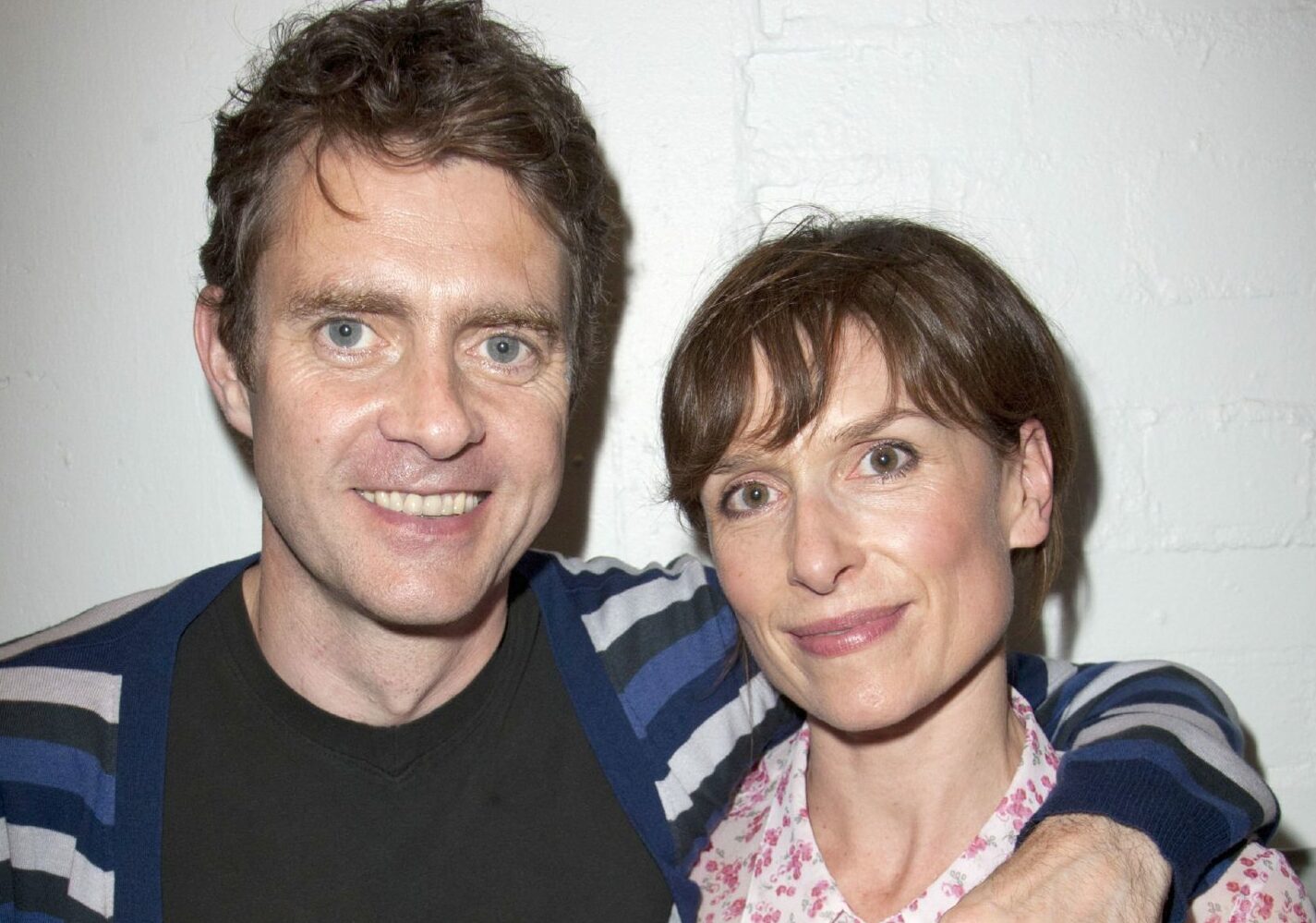
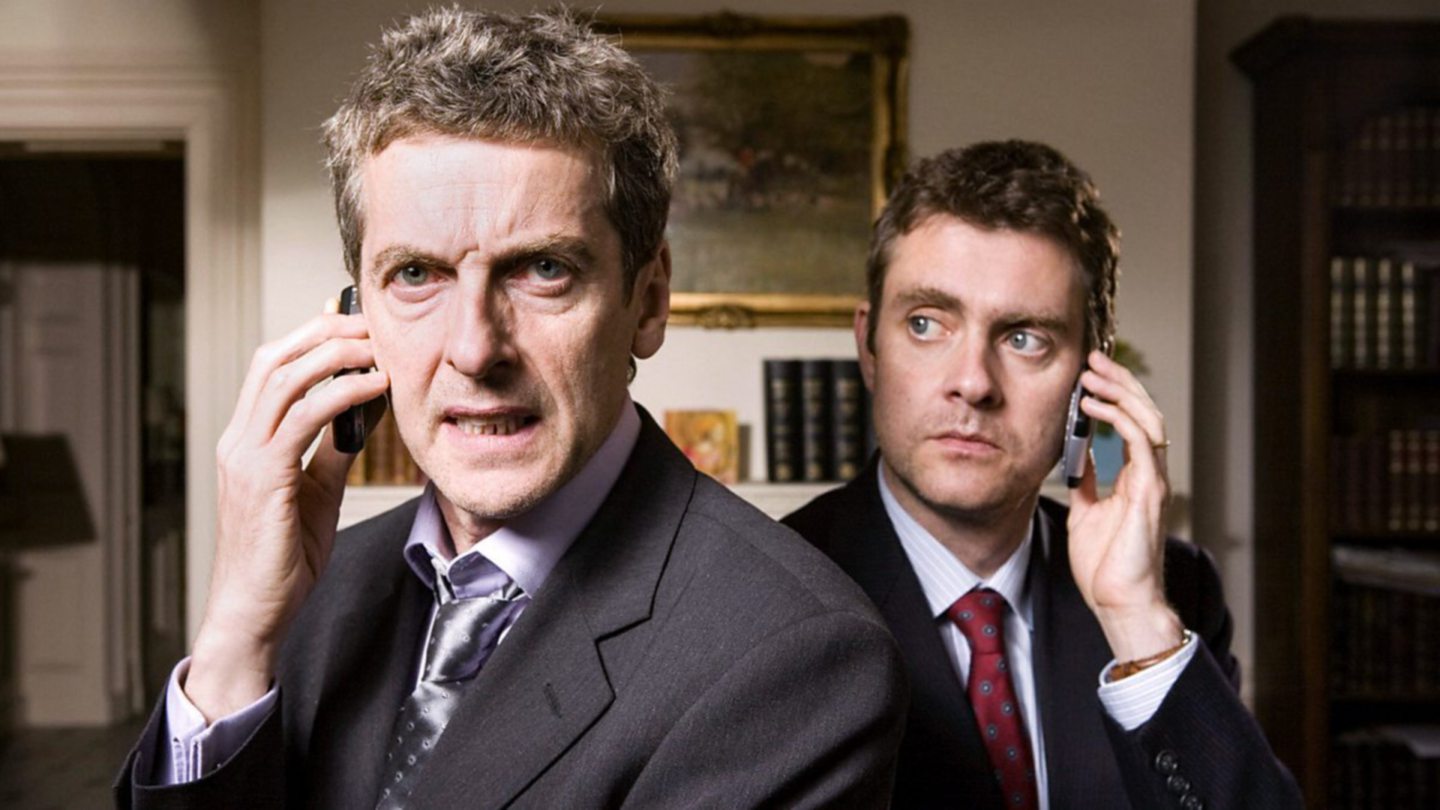 © SYSTEM
© SYSTEM